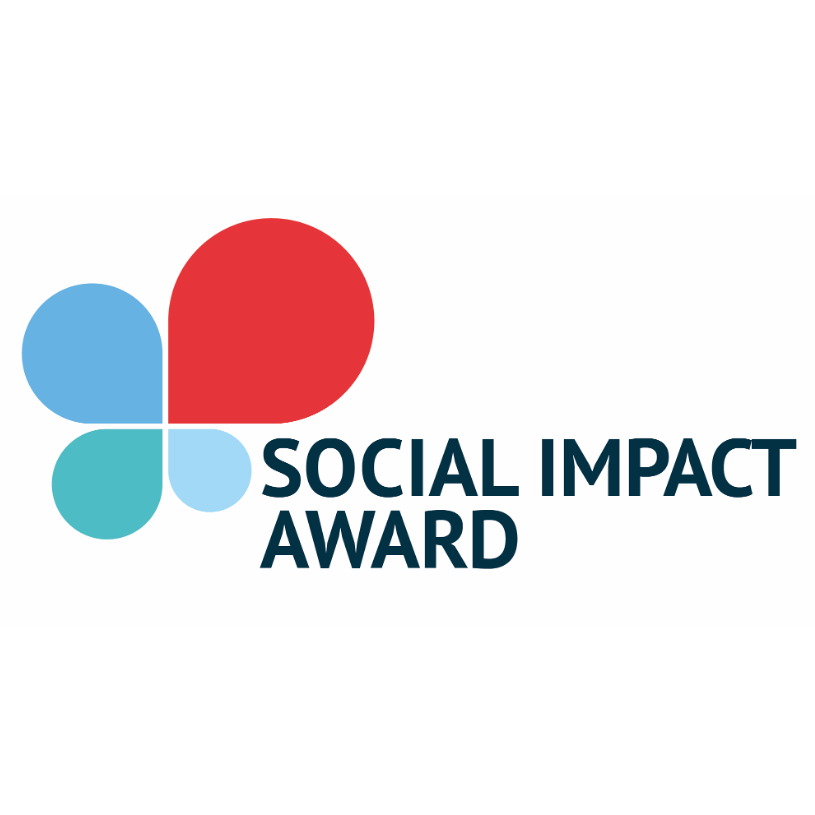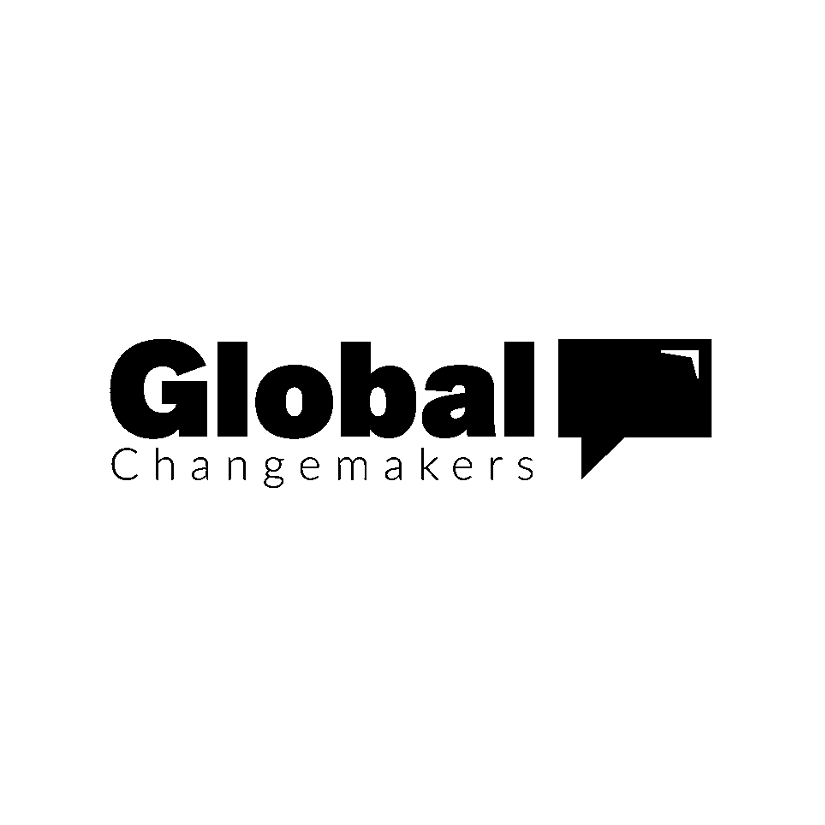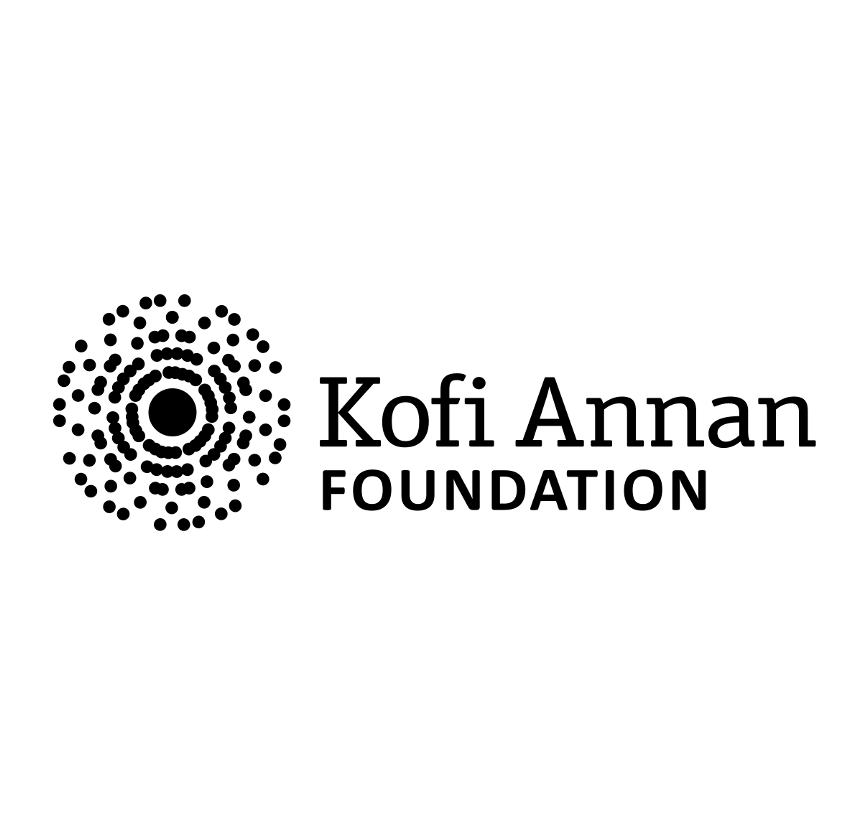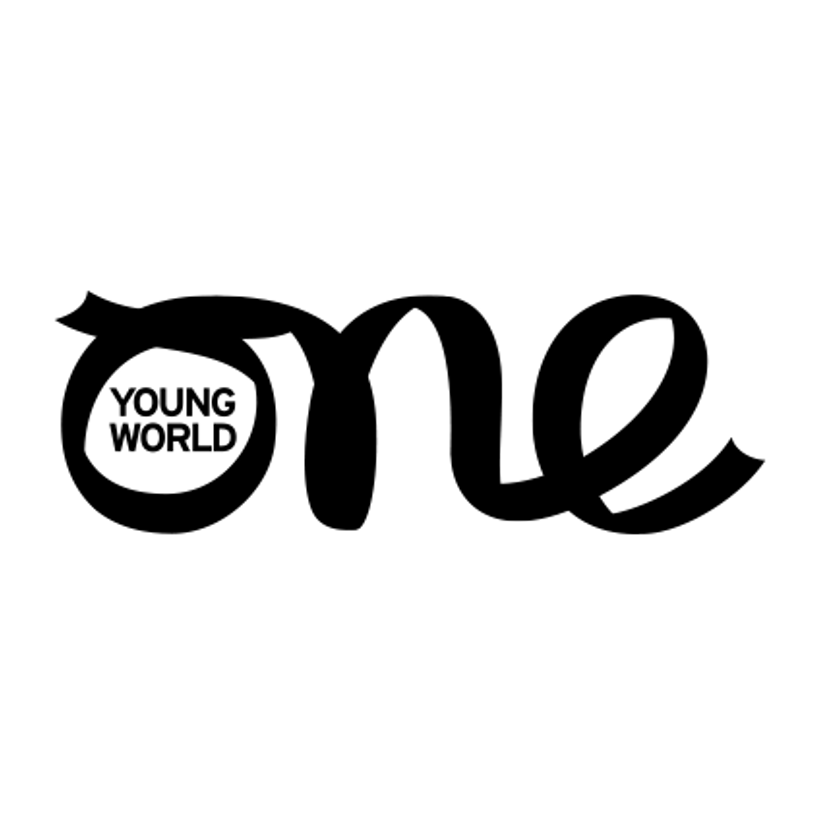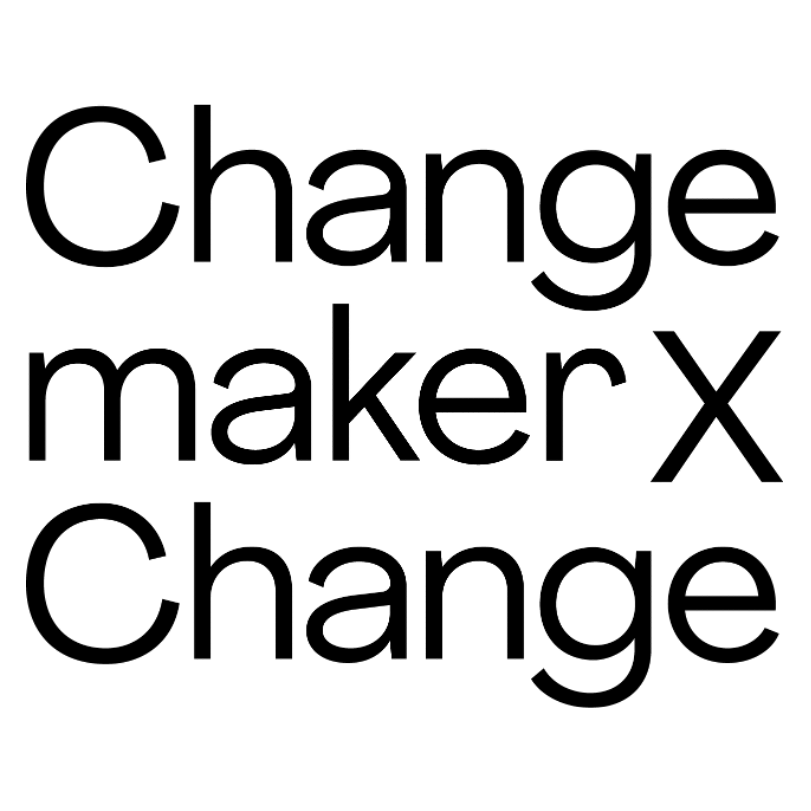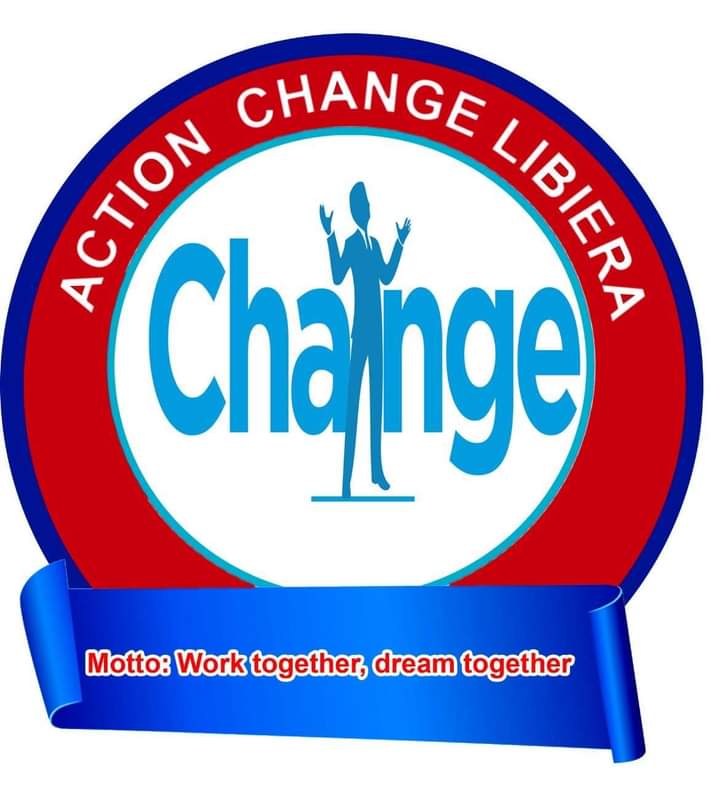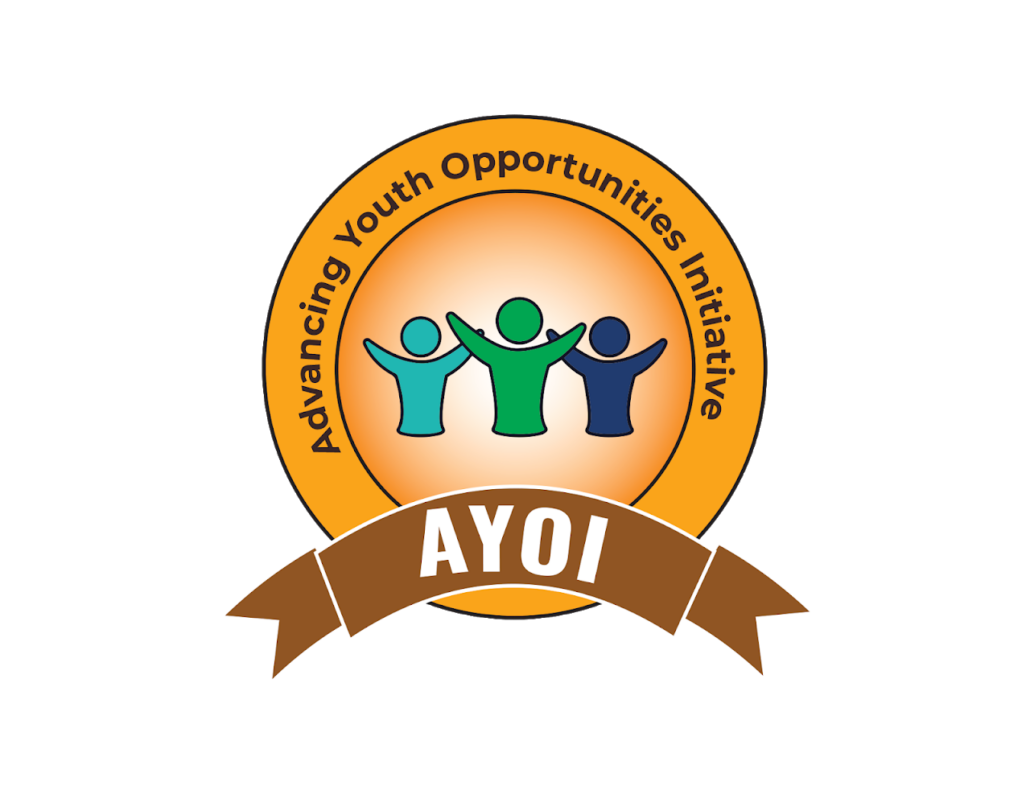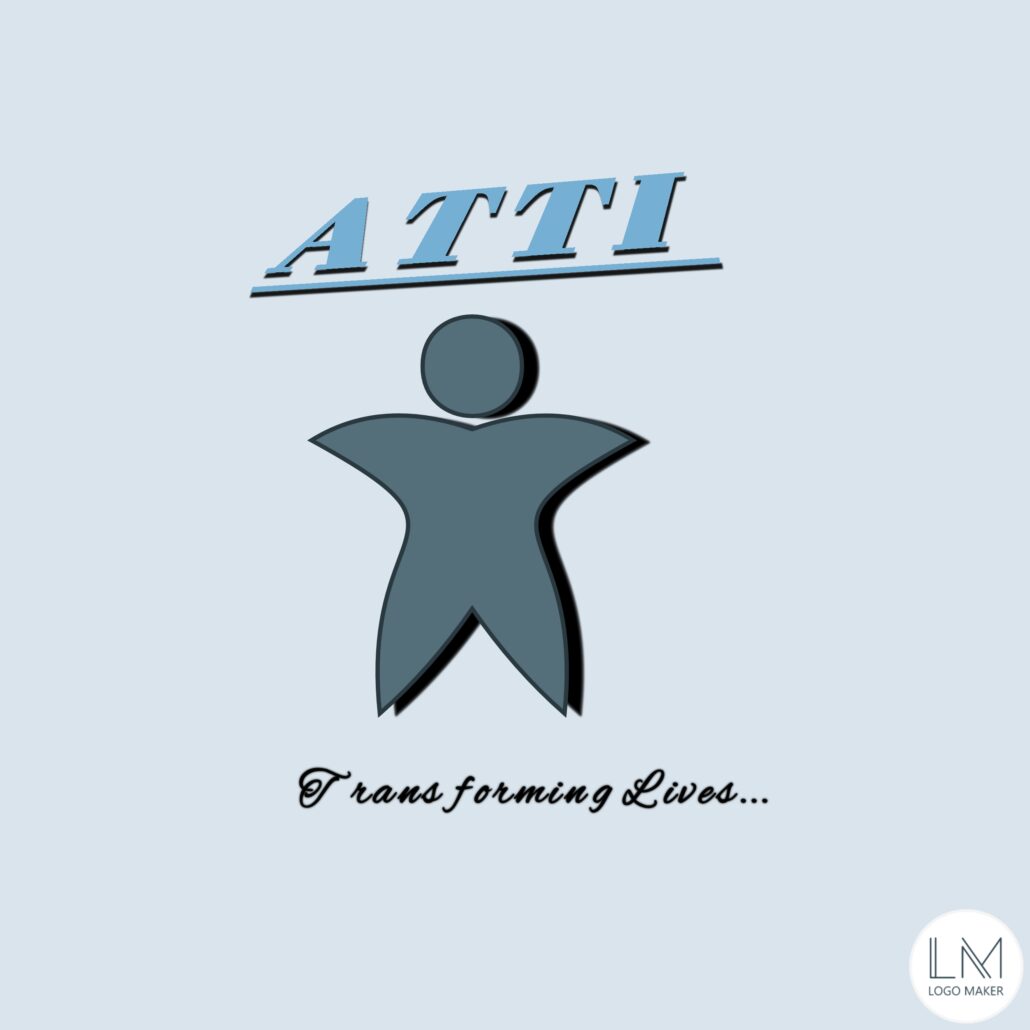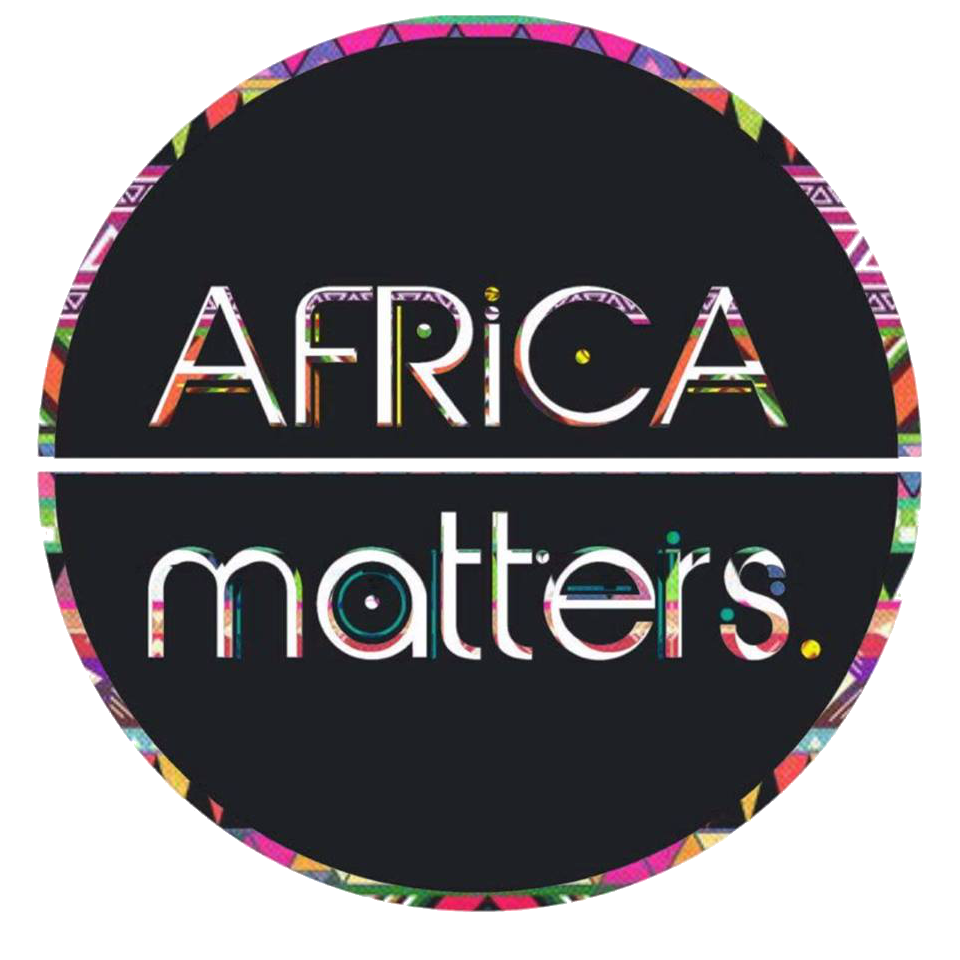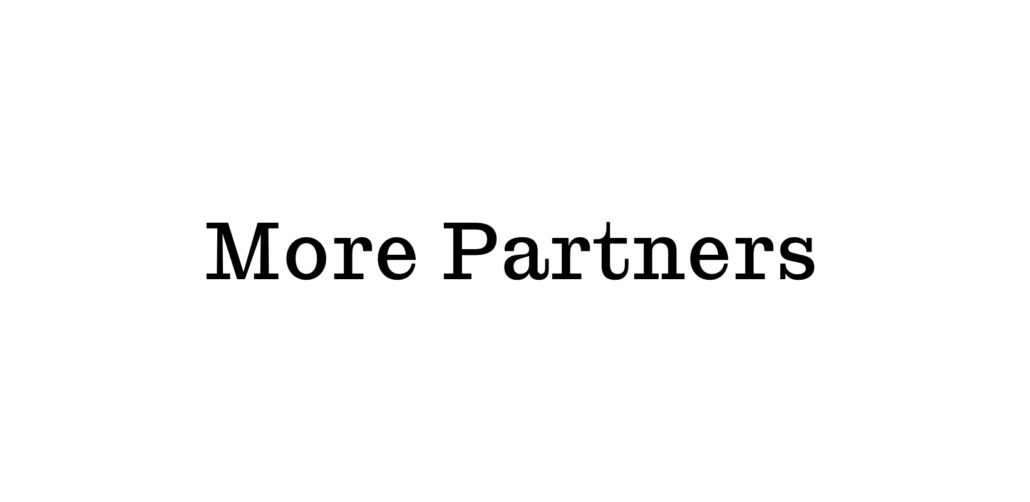2025Global Report
Data-driven insights into the lives, work, and needs of young changemakers around the world.
More than a Study
Initiated by ChangemakerXchange, The Possibilists is a global alliance of the world’s leading youth-focused social-innovation networks. Collectively, we reach hundreds of thousands of young changemakers, activists, and social entrepreneurs across the globe.
Young changemakers tackle some of the world’s most pressing challenges, but current conditions in the ecosystem make it difficult for them — and their teams — to thrive, deepen their impact, or scale their initiatives.
As a
global alliance,
The Possibilists conduct scientific studies to explore the impact, challenges, and needs of young changemakers. Drawing on the data we gather, we then launch collective-action projects designed to improve the global support ecosystem for young changemakers. Our aim is for these reports to serve as a trusted resource for governments, foundations, civil society organisations, and anyone committed to supporting young social innovators.
Our vision is a world in which young changemakers thrive and their initiatives flourish.
The Possibilists
Directory
One of the key needs expressed by young changemakers in the 2021 and 2023 Reports was increased access to grant-making, capacity-building and support programs.
In response, The Possibilists Alliance collectively launched The Possibilists Directory, a freely accessible and growing repository of offers from more than 600 support organisations from around the world.
The impact of the 2023 Study on young changemakers
The 2025 Possibilists Study
Underpaid, underrepresented, under attack, and under stress — yet still rising up. Despite facing dire life circumstances, young changemakers report above-average life satisfaction, driven by their resilience and strong sense of purpose.
Let’s dive into our findings.
About the Study
In early 2025, we surveyed 2,261 young changemakers from 110 countries worldwide as part of The Possibilists Study 2025. 1,043 of them have both a leadership role and completed the full survey, which is the sample this report focused on. The survey ran from February 13 to April 6 2025, and was disseminated through 21 global Possibilists Alliance members, and nearly 250 regional and local Network Partners.
Building on the insights of the 2023 Study, this year’s edition focused on young people aged 14 to 35 who are currently leading initiatives that address pressing social and environmental challenges. To increase accessibility and participation, the survey was offered in nine languages: Arabic, Chinese, English, French, German, Indonesian, Portuguese, Spanish, and Turkish.
Demographic Details
1043
110
*It is also worth noting that The Possibilists’ efforts to be more inclusive may be reflected in the data sample.
*It is also worth noting that The Possibilists’ efforts to be more inclusive may be reflected in the data sample.
Case Studies
A Notable Uptick In Newly Founded Initiatives
In 2025, 31.2% of respondents reported founding their initiative within the past year — a noticeable increase from 20.3% in the previous study. While these figures reflect a moment-in-time snapshot of a diverse sample, the data suggests that young changemakers are choosing to create their own paths to impact by launching new initiatives and cultivating their entrepreneurial energy.
Scaling Momentum Is Accelerating
The number of youth impact leaders from this year’s sample who identify as being in the scaling phase has nearly doubled compared to the 2023 Report. In the 2025 Study, 23.5% of respondents reported that they are actively scaling their initiatives — up from 12.1% in 2023. This sharp increase may signal a growing ambition among young changemakers to expand their reach and deepen their systemic impact, despite ongoing challenges related to funding and burnout.
Case Studies
Workforce
And Volunteers
On average, the initiatives from the report’s sample have 1.9 paid employees, collectively employing 1,995 changemakers.
On average, the initiatives have 2.7 unpaid volunteers working at their organisation, with over 2,808 individuals contributing to the initiative’s impact.
Given that the average organisation size is currently small and that 23.5% cite being in the scaling phase, we can imagine that topics surrounding HR, recruiting, and leadership will be on the minds of many changemakers in the coming years.
What Drives Young Changemakers
When asked to identify their top three personal motivators for developing their initiatives, respondents shared the following:
A strong sense of collective purpose drives young changemakers. The top motivator, reported by 64% of respondents, is the desire to empower others to become changemakers themselves — highlighting the ripple effect of impact. Additionally, 59% are motivated by a commitment to addressing urgent global challenges, while 45% are driven by the goal of supporting their local communities. This reflects a generation that truly embodies the “think global, act local” mindset.
What Young Changemakers Are Working On
When asked to consider their work within the United Nations Sustainable Development Goals (SDGs) framework, young social innovators are primarily focused on addressing some of humanity’s most pressing issues: education, climate change, and good health and wellbeing.
Quality education
37.8%Climate action
34.6%Good health and wellbeing
22.9%Distribution across SDGs
Distribution across SDGs
Purpose-Driven Work Supports Life Satisfaction
Young changemakers report a higher average life satisfaction than the global population, even though many face financial struggles, burnout, and marginalisation. While overall satisfaction has declined slightly since the last survey (from a 7 to a 6.2), this cohort continues to report wellbeing levels that significantly outpace global norms. This becomes even more apparent when looking at specific countries, e.g. in our sample, changemakers in Kenya reported an average life satisfaction of 5.67 (compared to the national average of 4.51), those in Nigeria 5.60 (vs. 4.89), and those in India 6.25 (vs. 4.39).
World Happiness Report 2022-2024
The Possibilists 2025
World Happiness Report 2022-2024
limited to countries included in our study sample*
Changemakers Favor Collaborative Over Strongman Leadership
Compared to global averages from the World Values Survey, young changemakers express more skepticism toward strong, centralised individual leadership. While their views still reflect broader global attitudes shaped by cultural and political context, there is a noticeable preference within this group for leadership that is expert-driven and socially-minded, rather than authoritarian, signaling a leaning toward collaborative, evidence-based governance models.
Results
*The World Values Survey (WVS) is a global research initiative that investigates people's values, beliefs, and cultural attitudes across countries. It examines how these values evolve and impact social and political development. WVS has conducted seven rounds of surveys since 1981, covering nearly 100 countries and representing over 90% of the world's population. The most recent survey was launched in 2024.
Results
Changemakers Are Under Threat And At Risk
Almost a fourth of all changemakers have actually experienced some form of threats or online backlash as a result of their work.
Have you ever experienced threats or backlash online as a result of your work. (e.g. Mobbing, digital violence like hate speech, targeted campaigns, being hacked)
11 out 100 changemakers have experienced some form of extreme repression due to their work, including imprisonment, pushback from the government, or physical injury.
Of those who reported “Yes”, MENA (15%) and Sub-Saharan Africa (11%) reported the highest rates of severe repression, while Middle/South America (5%) and North America (4%) had the lowest.
Have you ever experienced severe repressions as a result of your work (e.g. imprisonment, pushback from the government in your country, physical injury, civil/political prosecution)
Financial Insecurity And Overload Remain Persistent Barriers To Success
When asked to identify the one single greatest hurdle to their success, changemakers most frequently cited a lack of financial stability, followed by coming from a disadvantaged background, and having to juggle other responsibilities. (⚠️ Please note that in 2021 and 2023 participants could name several barriers instead of just choosing their 'biggest barrier', hence the significant difference in percentages.)
Lack of personal financial stability
Coming from a disadvantaged background
Juggling other responsibilities
High risk of burnout
Year
Case-Study:
Financial Insecurity
Location
Spain / Venezuela
Initiative
Sustein is redefining the future of healthcare waste by transforming local waste into local products on a global scale through a replicable technology capable of upcycling >70% of healthcare waste. With a single production line, they craft beautifully designed, high-performance circular products, including thermal and acoustic insulation, rigid boards, and pellets for the construction and design industries.
“I’m going through one of our most challenging times right now. The project depends on financial support. Everyone loves it. It makes sense from an environmental, social, and economic perspective. It has it all: impact, systems thinking, circular economy, new materials, untapped markets, a new paradigm, new behaviour, and smarter cities. Local improvement… all while being already validated and adopted by the construction industry.
We have a passionate team, a full network that believes in the project, and now, even investors are showing interest. But not enough. We’re running out of time because we’re running out of money.”
Sources Of Income
Unlike in past surveys, we also asked changemakers this year whether or not they depended on their work as a source of income, to provide even further context on the financial health of changemakers. 48.3% have no other sources of income, i.e. do depend on their work as the main source of income, while 51.2% have other sources of income. Most striking: Among those who are entirely dependent on their initiative for income, a third (33.9%) are not earning anything, highlighting a serious and concerning income gap.
The Financial Reality Of Changemaking
Financial precarity remains a major challenge for young changemakers. While over half (51.2%) rely solely on their initiative as their only source of income, only 7.1% can fully cover their living expenses through it. Alarmingly, 75.4% report earning only half or less of what they need, and 41.7% receive no compensation at all. While their dedication is highly commendable, in what other industry would one-third of the workforce not receive any compensation? Instead of rewarding those who seek to make the world a better place, we seem to be normalising working conditions that exploit youth and their idealism.
Filter by
Year
Are you able to compensate yourself financially from your work on your initiative?
Filter by
Year
Are you able to compensate yourself financially from your work on your initiative?
Young Entrepreneurs Struggle To Meet Basic Needs
In line with the above data on their financial health, the data reveals that many young changemakers are facing severe material hardship. Over 40% of them had periods in their lives where they’d gone without enough food, more than half have experienced times when they had to forgo necessary medical treatment, and 65% report periods without any cash income. Compared to global findings from the World Value Survey, this sample highlights that young changemakers — and often their families — struggle to meet even their most basic needs. These realities challenge the common assumption that social or impact entrepreneurs can afford to earn little in the early years of their work; for many, this is not a temporary financial sacrifice but an ongoing struggle to meet basic, existential needs.
Filter by
Marginalised
While both non-marginalised and marginalised groups struggle to pay themselves a cash income, those from marginalised backgrounds report consistently higher levels of struggling to meet basic needs, with 47.6 (nearly half) reporting they sometimes or often go without enough food to eat, and more than half (59.5%) forgoing medical care.
In the last 12 months, how often have you or your family...?
Filter by
Marginalised
Coming From A Disadvantaged Background
Location
Nepal
Initiative
The Learning Fortress (TLF), addresses educational inequity and community development through systems thinking in underserved and rural marginalised communities of Nepal.
„As someone from a small under-resourced rural village, I’ve often had to fight against stereotypes, tokenism, and systemic exclusion. My age and gender have frequently led to me being underestimated or overlooked. However, I turned these challenges into opportunities by building a community foundation grounded in trust and community and by relentlessly pursuing platforms that value authenticity and community-driven change.“
Location
Kenya
Initiative
Emission Pulse is an environmental tool that monitors emissions from vehicles using a device installed in the car, which connects to a mobile app on the driver’s phone. It translates real-time emissions data into simple, actionable insights—like how many trees would be needed to offset the pollution generated. Our mission is to empower individuals and communities to take ownership of their carbon footprint, starting with transport.
„As a young African woman building a hardware-based climate solution, I often face skepticism in spaces that are dominated by older, more established voices—especially in tech and environmental policy. There’s an unspoken expectation that innovation from our region should stay simple, and that ideas requiring infrastructure or hardware are “too ambitious” for African entrepreneurs. This mindset is deeply limiting.“
Alternative Sources Of Income For Young Changemakers
Do you have products and services that you can sell to corporate partners?
Interestingly when asked whether in theory, they'd have any products and services they could 'sell' to corporate partners more than half of those surveyed say their work is suitable for corporate partnerships. It’s evident that young changemakers want to collaborate across sectors, and supporting them in establishing these corporate partnerships could be a mutually beneficial exchange, both for scaling their impact, as well as for generating much-needed additional revenue. Corporations can provide the economic stability that many young changemakers desperately need while they create innovative products, solutions, and ideas.
A Constant Juggling Act
Apart from your current work on your initiative, do you also have other professional commitments?
17.9% of Possibilists say the single greatest challenge preventing them from succeeding on their own initiative is juggling various responsibilities, not only within the organisation, but also including other jobs, families, and academic pursuits. In many cases, their initiatives must be put on the back burner as they search for employment that can cover their living expenses. This reduces the time, energy, and resources they can invest in growing their initiative and its impact.
79% of respondents have other professional commitments (e.g. another job, studying, etc.) in addition to their work on their initiative. This number is nearly unchanged since 2021, which was comparable at 79%.
Since 75.4% of young changemakers can only cover half or less than half of their necessary income through work on their own initiative, 51.2% turn to other sources of income to support themselves.
Juggling Various Responsibilities
Burnout Remains A Persistent Challenge
Year
One in three changemakers (33.1%) now report experiencing some form of burnout, up from one in four (26.4%) in 2023. The proportion of those facing the most severe form, those who question whether they can continue and say they need help, has also increased, rising from 5.8% to an alarming 9.7%. These figures are deeply concerning, especially given that those experiencing the highest levels of burnout may be less likely to participate in surveys at all.
Year
Mental Health And Managing Stress
How Changemakers Manage Stress?
Climate Anxiety As A Daily Reality
82.1% of changemakers are very or extremely worried that climate change threatens people and the planet, and 53.8% say these feelings negatively affect their daily lives, figures nearly identical to those from 2023 (82.3% and 53.5%).
These levels of concern are higher than those reported in comparable international studies, even among younger age cohorts. This persistent emotional toll highlights how acutely young changemakers feel the impact of the climate crisis and its consequences. In practice, this means that many are living in a near-constant state of anxiety, an experience with serious implications for their long-term health and wellbeing, particularly given that these individuals are already at high risk of burnout.
WhereSupport Is Needed Most
Young changemakers expressed a wide range of pressing needs across many different dimensions. We believe this gives the global support ecosystem a strong mandate to sustain and expand offerings to those in need.
Collaboration
Personal Development
Finance
Impact
The Use Of AI
The complexity of AI is reflected in the perspectives of changemakers. While 65.2% of changemakers use AI regularly and 66.4% feel confident in their ability to use it, only 25% say they actually trust AI.
A strong majority, 81.5%, agree that AI has many beneficial applications; yet, 67.1% report ethical concerns about its use, and 64.2% express concerns about its environmental impact.
These paradoxes underscore the nuanced and often conflicting attitudes toward AI as an emerging technology, underscoring the need for more open dialogue on how to utilize AI ethically and responsibly.
Recommendations
If young people are giving up their financial security and wellbeing to improve the state of the world, it is our responsibility and duty to offer them REAL and meaningful support. In order to improve the lives of changemakers, strengthen their ventures and develop the change making ecosystem, we recommend the following actions. They have been developed through multiple conversations with members of The Possibilists Alliance, as well as qualitative interviews with 8 young changemakers from around the world. In addition, they build on important existing reports, including the State of Youth Civil Society by Restless Development, the OECD report on Unlocking the Potential of Youth-led Social Enterprises, the United Nations report on meaningful youth engagement and Unlock the Future’s Challenge Paper on resourcing youth-led initiatives.
Focus On The Person, Not Just The Organisation
Break The Heropreneur Paradigm
Use ‘Changemaker-centered’ Design
Prioritize Wellbeing
Build Acumen
Respect Their Time
Invest In Relationships
Communicate Clearly
Walk The Walk!
Become Facilitation Pros
Compensate Young People
Use A DEI Lens
Rebalance Power
Co-create
Give Flexibly
Allow Overhead
Living Stipends
Remove Barriers
Be Responsive & Transparent
Commit Long-term
Use A DEI Lens
Seek Out Unusual Suspects
Compensate Young People!
Go Local
Meaningfully Engage
Rethink Formats
Use A DEI Lens
Respect Young Changemakers
Aim High For Participation:
Engage At Each Stage Of The Policy Cycle
Give Clear Legal Frameworks
Improve The Evidence Base
Connect Young People & Governments
Better Integrate Changemaking Into The Education System
Visibility
Ask to Be Paid!
Break The Heropreneur Paradigm
Prioritize Self-care!
Fall In Love with the Problem
Apprentice With The Problem
Aim For he Root
Think Collaboratively
Find Your Tribe
Practice Saying No!
Seek Out Support
Have A Life-long Learning Mindset
Be Coachable!
We're In. Can We Count On You To Join Us?
This study is only the beginning. Young social innovators around the world have spoken an now it’s our chance, and our duty, to respond in meaningful ways. Real and long-term sustainable change will require all stakeholders to participate.
The Possibilists Huddles
- A Call for Action
To support anyone eager to engage more deeply with the data and take action to improve conditions for changemakers in their country or community, we created The Possibilists Huddles: a minute-by-minute guide and script designed to help you make sense of The Possibilists Report, contextualize the findings, and spark meaningful local action for young changemakers.
Help Us Spread The Word
You think many more people should hear of this report? We agree! To that end we’ve created an extensive communications package, including visuals, social media captions, quotes, images, a press release and more. Please help us spread the word.
Who We Are
Initiated by ChangemakerXchange, The Possibilists is an alliance of 20 of the world’s largest youth social innovation networks and over 50 local and regional youth organisations. They have a combined total reach of thousands of young changemakers, activists and startup social entrepreneurs globally. Together we deliver real insights into the lives and work of changemakers and co-create systemic solutions to improve the conditions for Possibilists everywhere.
The Possibilists Council
The Possibilists Council is a group of 12 leaders from Africa, Europe, Asia, North America, Latin America and the Middle East and Africa. They provide feedback, input and guidance to The Possibilists Team and The Possibilists Alliance. Through their invaluable contribution, we ensure that our work, surveys and activities are rooted in the lived experience of changemakers
Network Partners
We aim for The Possibilists reports to become the key reference point for data on the lives and needs of young changemakers; and the basis for connecting the global support ecosystem. To ensure diversity, equity and inclusion in our data set and be fully representative of the voices of young people from all countries and backgrounds, we invite local organisations from all parts of the world to join our effort.
The Network Partners share the survey in their communities, and become part of the global Possibilists network, gaining exclusive access to the data and seeing the data for changemakers for their region.
You’re also representing an organisation, network or community working with young changemakers?
We’d love you to join us! Register here
Key Insights Report
Besides this interactive website, we also offer a PDF version of the full report
More Data
We did our best to keep this report as consice as possible. For anyone interested to dig even deeper into the results, please find below the full list of questions and summaries of answers.
The Way Forward
Young changemakers are willing to take on the world’s greatest challenges to create a better future, but they can’t do it alone.
